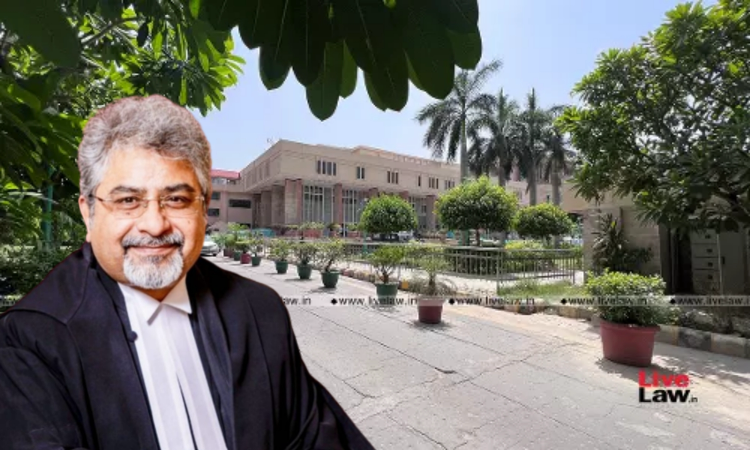- Home
- /
- High Courts
- /
- Delhi High Court
- /
- Delhi High Court Explains...
Delhi High Court Explains Difference Between 'Interlocutory' And 'Intermediate' Order For Determining Maintainability Of Revision Petition
Kapil Dhyani
8 May 2025 6:40 PM IST
The Delhi High Court has elucidated the difference 'intermediate' and 'interlocutory' orders in relation to Section 379 CrPC, which bars revision of interlocutory orders.Justice Girish Kathpalia observed,“Basically, a judicial order passed by a criminal court can be either Final Order or Intermediate Order or Interlocutory Order. So far as final order is concerned, there can be no difficulty...
The Delhi High Court has elucidated the difference 'intermediate' and 'interlocutory' orders in relation to Section 379 CrPC, which bars revision of interlocutory orders.
Justice Girish Kathpalia observed,
“Basically, a judicial order passed by a criminal court can be either Final Order or Intermediate Order or Interlocutory Order. So far as final order is concerned, there can be no difficulty in the sense that an order of discharge or acquittal or conviction is a final order. The issue lies while distinguishing between an interlocutory order and an intermediate order, which distinction is necessary to understand, in order to analyze the statutory bar created by Section 397(2) CrPC, aimed to curtail the revisional powers of the High Court and the Court of Sessions.”
The bench cited Amar Nath & Others vs State Of Haryana & Others (1977) where the Supreme Court held that an interlocutory order is that order which does not decide rights or liabilities of the parties.
It also cited Madhu Limaye vs State of Maharashtra (1977) in which the Supreme Court elucidated the concept of intermediate orders. It had held that an intermediate order is one which is interlocutory in nature but when reversed, it has the effect of terminating the proceedings and thereby resulting in a final order.
“An intermediate order is one which if passed in a certain way, the proceedings would terminate but if passed in another way, the proceedings would continue,” the Court noted.
Similarly, in K.K. Patel & Anr vs State Of Gujarat, (2000) the Supreme Court held that the feasible test is whether upholding the objections raised by a party would result in culminating the proceedings, and if so, any order passed on such objections would not be an interlocutory order.
In the case at hand, the Petitioner (Respondent in a cheque bounce case) had sought to invoke inherent jurisdiction of the High Court challenging dismissal of its revision petition against a trial Court order refusing Petitioner's Section 311 CrPC application to summon the records of a case involving the opposite party.
The High Court observed that the Section 311 application, if allowed, would not have culminated the prosecution. Rather, the prosecution would have continued with the summoning and testimony of the official witness producing the summoned records.
“That being so, order dated 20.11.2023 was clearly an interlocutory order as held by the learned revisional court…” the High Court said and dismissed the plea.
Appearance: Mr. Rajesh Kajla, Advocate for Petitioner
Case title: Dilshad Hussain v. Pushpa Devi
Citation: 2025 LiveLaw (Del) 527
Case no.: CRL.M.C. 3080/2025



